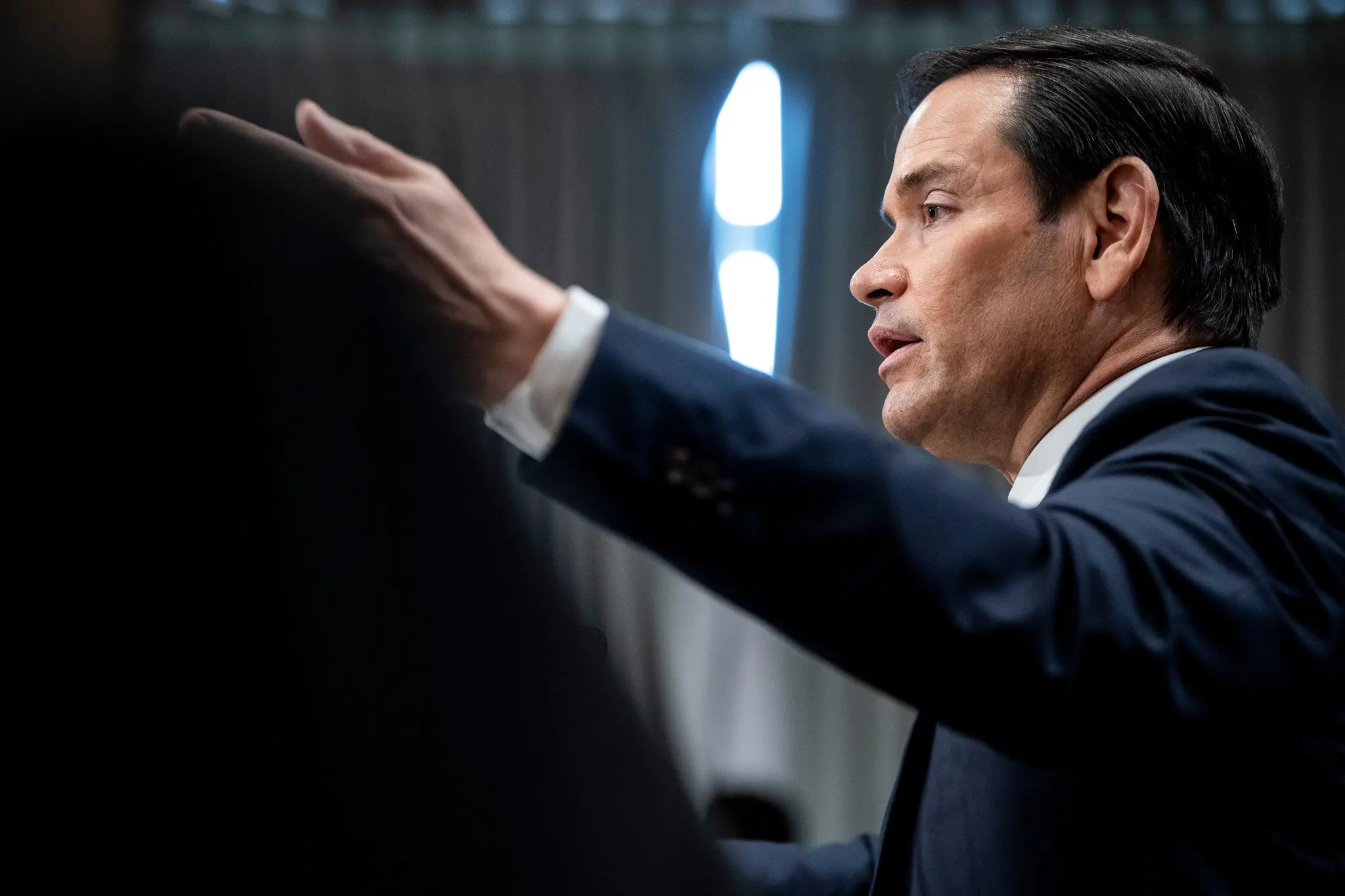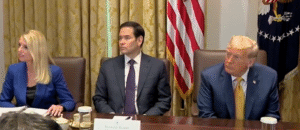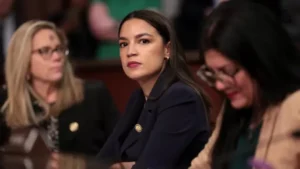In a series of contentious hearings, Secretary of State Marco Rubio staunchly defended the Trump administration’s substantial cuts to foreign aid programs, asserting that these measures are essential for aligning U.S. assistance with national interests. The reductions, which have led to the elimination of a significant portion of USAID initiatives, have drawn sharp criticism from Democratic lawmakers and international aid organizations.
The Scope of the Cuts
The Trump administration’s foreign aid policy underwent a dramatic shift with the signing of Executive Order 14169, titled “Reevaluating and Realigning United States Foreign Aid,” on January 20, 2025. This order initiated a 90-day pause on all U.S. foreign development assistance programs to conduct a comprehensive review.
Following this review, Secretary Rubio announced that 82% of USAID programs were eliminated, with the remaining programs integrated into the State Department. The administration justified these cuts by citing concerns over wasteful spending and the need to prioritize U.S. national interests.
Bipartisan Concerns and Diplomatic Dissent
The sweeping reductions in foreign aid have sparked bipartisan concern. More than 700 diplomats from the State Department and USAID signed a letter protesting the dismantling of USAID, arguing that it undermines U.S. leadership and security while creating opportunities for adversaries like China and Russia to expand their influence.
House Democrats, including Rep. Gregory Meeks and Rep. Lois Frankel, urged Secretary Rubio to lift the foreign assistance freeze, emphasizing that foreign aid is a strategic investment vital for U.S. global leadership and national interests.
Rubio’s Justification and Policy Stance
Secretary Rubio has consistently defended the foreign aid cuts, framing them as necessary reforms to eliminate inefficiencies and align assistance with U.S. priorities. He has argued that the reductions target ineffective programs while maintaining essential humanitarian support.
In response to criticism over the approval of refugee status for 59 white South African Afrikaners, Rubio dismissed allegations of racial bias, asserting that the decisions were based on security considerations and not skin color.
Legal Challenges and International Implications
The foreign aid cuts have faced legal scrutiny. A federal judge ruled that President Trump overstepped his authority in shutting down most foreign assistance but stopped short of ordering the revival of terminated program contracts. (EconomicTimes)
Internationally, the reductions have led to the suspension of critical aid programs, including those providing life-saving medicine and food assistance. Organizations like the International Rescue Committee have reported disruptions in services to refugee camps, raising concerns about the humanitarian impact of the aid freeze.
Conclusion
Secretary of State Marco Rubio’s defense of the Trump administration’s foreign aid cuts underscores a significant shift in U.S. foreign policy, prioritizing national interests and fiscal efficiency over traditional humanitarian assistance. While the administration maintains that the reductions are necessary reforms, the bipartisan criticism and legal challenges highlight the complexities and potential consequences of this approach.
Subscribe to trusted news sites like USnewsSphere.com for continuous updates.
[USnewsSphere.com / de.]





